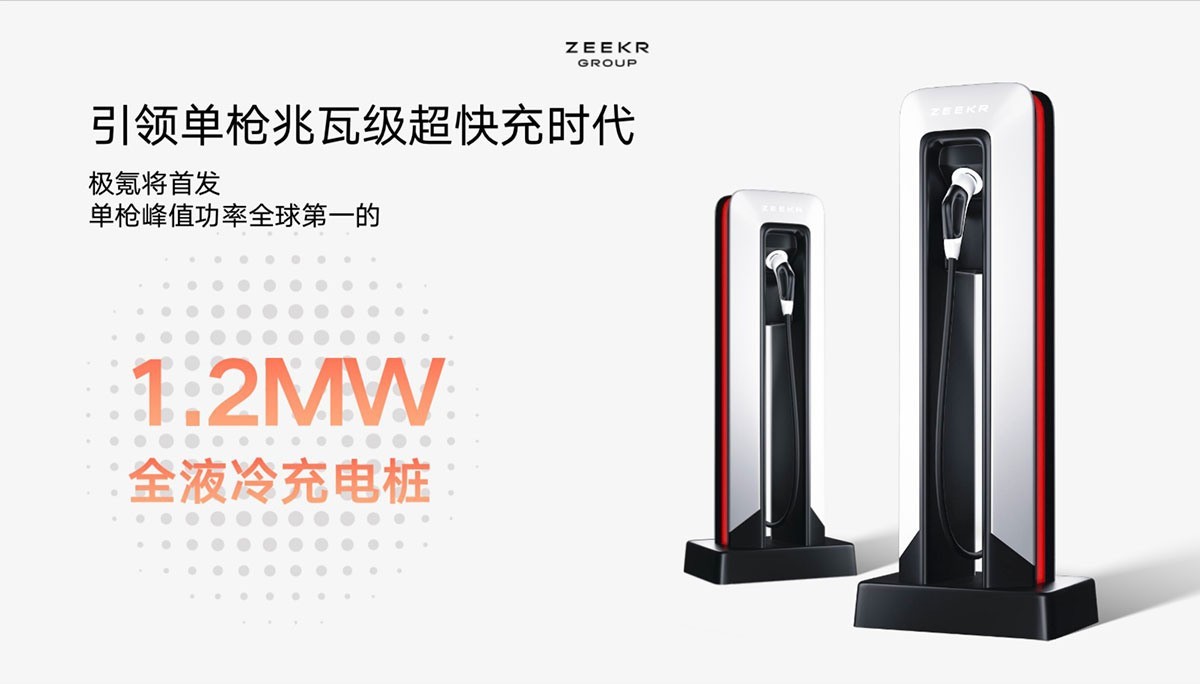Didi unveils 1600 kW super-charger
The race to eliminate the electric car's most persistent bugbear - the time it takes to recharge - has a new and formidable contender. Orange Charging, a company tied to the ride-hailing Chinese giant Didi, has pulled the curtain back on a startlingly powerful new charger. This liquid-cooled monster is capable of pumping out 1,600 kW of power. According to the company, this technology can add 62 miles of range in just 60 seconds.
This new charger, developed with an unnamed manufacturing partner, is a huge leap in the escalating power wars of the electric vehicle industry. The announcement puts Didi's affiliate squarely in an arena populated by some of the biggest names in the Chinese automotive and tech sectors. This is so much more than just convenience - it's a push to make the experience of powering up an EV no different from a quick stop at a gas station.

Running this new system is the "Orange Charging Unicorn OS intelligent system," a rather fancifully named software platform that manages the immense power flow. The key feature is its ability to distribute power flexibly. This means a charging station with multiple stalls can allocate power, sending the maximum charge to a vehicle capable of handling it, while at the same time serving other EVs with lower power requirements.
Orange Charging already operates a substantial network of over 46,000 charging stations, with nearly half of them already equipped with single-gun chargers rated at 180 kW or more. This new 1,600 kW technology is the next logical, if a bit extreme, step.

The move by Orange Charging is part of a much larger, industry-wide stampede towards what is being called "megawatt flash charging." Automaker BYD has already unveiled its own MW charger boasting up to 1,000 kW from a single connector. Tech giant Huawei, with its eye on the heavy-duty electric truck market, has teased a 1.5 MW charger. Meanwhile, premium EV brand Zeekr has rolled out its 1.2 MW V4 charging stations.
Even battery manufacturing titan CATL is deeply invested in developing new battery chemistries that can withstand such ferocious charging speeds without premature degradation. The ambition is so great that some Chinese cities are floating the idea of becoming designated "supercharging cities," building out the infrastructure to support this high-speed future.
 BYD 1 MW charger
BYD 1 MW charger
But wielding this much power comes with a hefty dose of reality and a string of big challenges. The most immediate concern is the immense strain such chargers could place on local power grids. A single 1,600 kW charger draws as much power as a small neighborhood. Without substantial upgrades and intelligent energy management, the widespread deployment of such technology is simply not possible.
Companies like BYD are attempting to get ahead of this by integrating large-scale energy storage systems with their charging stations, which can store cheaper, off-peak electricity to be deployed during high-demand charging sessions.
 Zeekr 1.2 MW charger
Zeekr 1.2 MW charger
Then there is the cost. The specialized, liquid-cooled hardware required for these megawatt chargers is not cheap. A single unit can cost between RMB 80,000 and RMB 120,000 ($11,200 to $16,800). This doesn't include the costs of installation, grid connection upgrades, and ongoing maintenance, which includes periodically replacing the specialized coolant that keeps the high-power cables from melting.
Perhaps the most critical question for consumers is what does repeatedly subjecting a car's battery - the single most expensive component of an EV - to such a violent inflow of energy do to its long-term health and lifespan? Battery management systems and AI-powered charging curves are being developed to mitigate the damage, but the jury is still out on the long-term consequences of making one-minute charging a daily habit.




Facebook
Twitter
Instagram
RSS
Settings
Log in I forgot my password Sign up